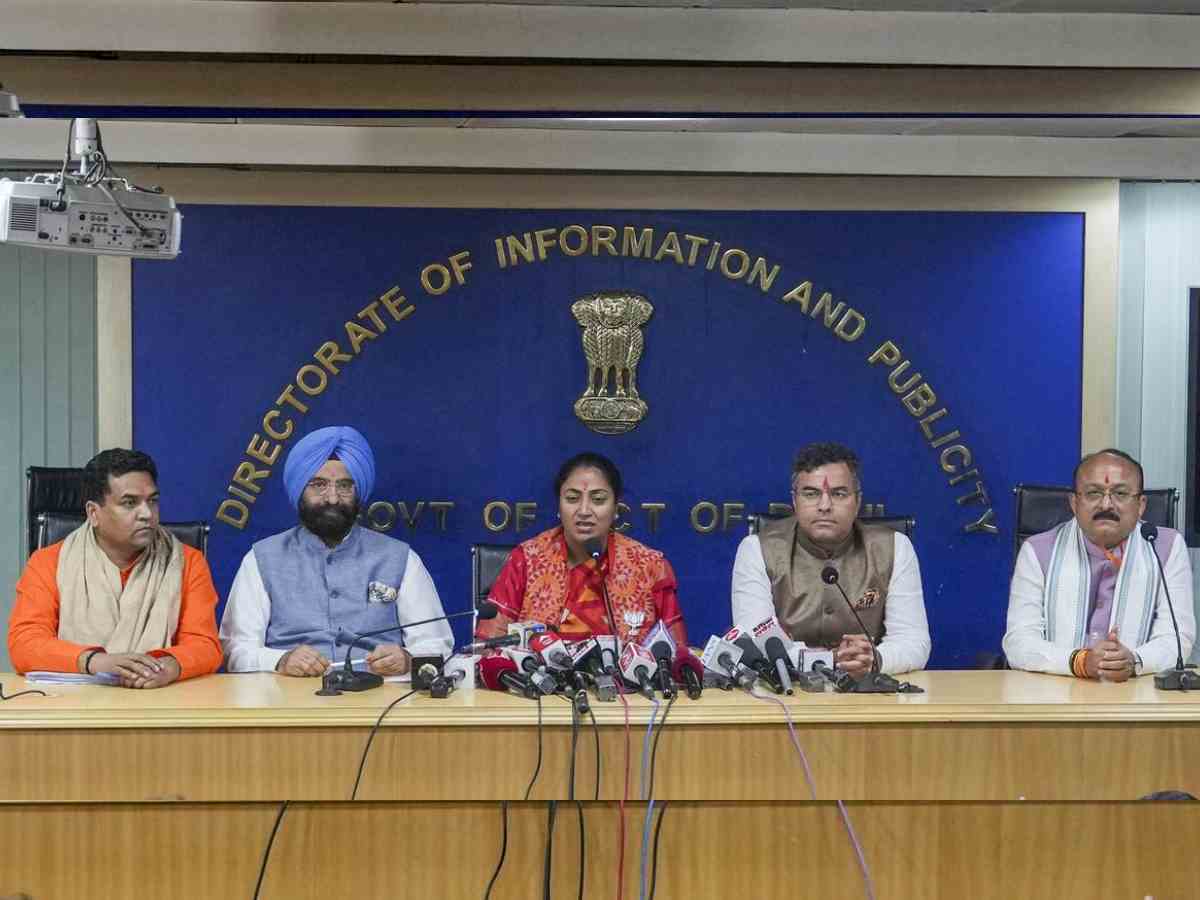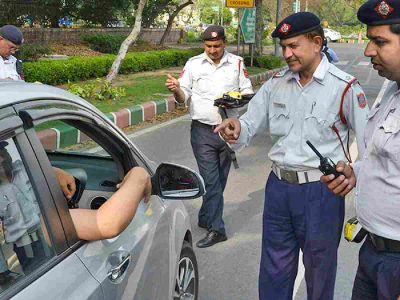The Delhi government is expected to introduce a subsidy of up to Rs 36,000 for women purchasing electric two-wheelers under its upcoming Electric Vehicle (EV) Policy 2.0, according to officials.
As per the draft policy, the incentive will be available to the first 10,000 women holding a valid driving licence. The proposal, currently under government review, is likely to be approved soon.
Aimed at encouraging female participation in the transition to electric mobility, the policy proposes a purchase incentive of Rs 12,000 per kilowatt-hour (kWh), capped at Rs 36,000, for electric two-wheelers bought by women.
EV Policy 2.0 is designed to complement the Centre’s PM E-DRIVE scheme and accelerate electric vehicle adoption in the capital. The policy, valid until 31 March 2030, offers a wide range of incentives not just for electric two-wheelers, but also for three-wheelers and commercial EVs.
For the broader public, the policy suggests a purchase incentive of Rs 10,000 per kWh on electric two-wheelers, with a maximum benefit of Rs 30,000 per vehicle. Additionally, owners scrapping fossil fuel-powered two-wheelers that are less than 12 years old could receive an extra Rs 10,000 incentive.
Electric auto-rickshaws (L5M category), intended to replace existing CNG vehicles, may receive a subsidy of Rs 10,000 per kWh, up to Rs 45,000. A scrappage incentive of Rs 20,000 is also likely for ICE auto-rickshaws under 12 years of age. The policy proposes mandatory replacement of all CNG auto-rickshaws completing 10 years of registration with e-autos during the policy period. A one-time replacement incentive of Rs 1,00,000 is expected for such cases; however, recipients of this benefit will not be eligible for other incentives under the scheme.
For commercial goods carriers, incentives are proposed for both electric three-wheelers and four-wheelers. Electric three-wheeler goods carriers (L5N) may receive up to Rs 45,000 (Rs 10,000 per kWh), while four-wheelers (N1 category) could be eligible for up to Rs 75,000. These benefits will apply to both individuals and businesses for the first three years of the policy. Vehicles priced above Rs 4.5 lakh (L5N) and Rs 12.5 lakh (N1) will not qualify.
Also Read: Closure of mohalla clinics sparks fear and anger in Delhi
The draft policy also proposes the phasing out of CNG-driven auto-rickshaws. From 15 August 2025, the registration of new CNG autos will be prohibited, and existing permits will not be renewed. Only e-auto permits will be issued going forward.
Further, it recommends replacing or retrofitting all CNG auto-rickshaws older than 10 years to run on batteries. Solid waste vehicles operated by civic agencies, as well as city buses currently using fossil fuels, are also marked for transition.
A more stringent deadline has been proposed for two-wheelers and goods carriers: from 15 August 2026, no petrol, diesel, or CNG-powered two-wheelers will be allowed; and from 15 August 2025, no new registrations of fossil fuel-based three-wheeler goods carriers will be permitted.
The Delhi government recently extended the current EV policy by 15 days after its expiry on 31 March. The updated policy will be notified following Cabinet approval and is aimed at aggressively reducing air pollution by phasing out fossil fuel vehicles across the city.
(With inputs from PTI)





